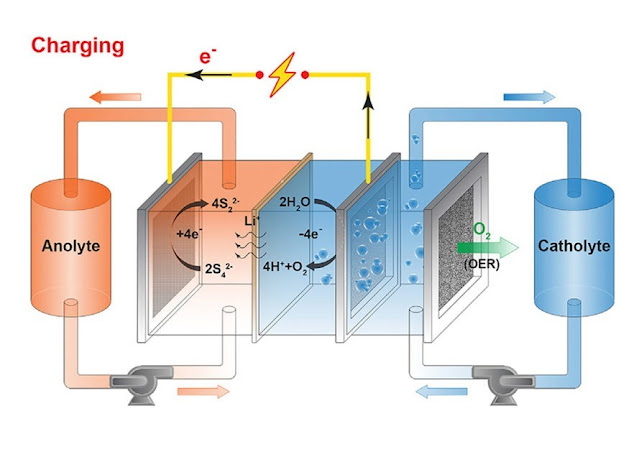Choosing the Best Baby Crib for Your Newborn
There
are several different types of baby cribs available in the market. When
shopping for a crib, consider your baby's needs and your available space.
Standard Baby Cribs
Every new parent's first crib is likely to be a standard-sized crib. Standard
cribs measure 28 by 52 inches and are suitable from infancy through the toddler
years until your child can climb out safely. They come in a variety of styles
from basic to high-end designer. Look for sturdy construction with stable rails
and tight locks on all sides.
Mini or Portable Baby Cribs
Mini cribs are more compact versions ideal for small bedrooms or apartments.
Measuring about 24 by 48 inches, mini cribs don't sacrifice safety for their
smaller footprint. They are convenient for travel or moving between rooms in
the house. Some mini cribs even fold up for portability. Be sure to carefully
check stability and safety before choosing a mini model.
Convertible or Multi-Functional Baby Cribs
Convertible Baby
Crib
are designed to evolve with your child from infancy through early school age.
Many convertible models transform into a daybed, toddler bed or even full-size
bed. Look for ones made of durable wood with easy adjustments between crib,
toddler and youth bed functions. Convertible cribs offer versatility but take
up more permanent space in the bedroom.
Important Safety and Design Features
When choosing a crib, certain safety and design factors should top your list of
priorities. All cribs sold in the US must meet mandatory government standards,
but some features provide added safety and usefulness.
Mattress Fit
The mattress must fit snugly within the crib rails with no more than two
finger-widths of space on any side. This prevents gaps where your baby could
get trapped or strangle. Only use a crib mattress designed specially for your
model.
Rails and Locks
Sturdy rails help prevent falls. They should not be loose or easily
disassembled. Look for front rails that lower smoothly but lock securely in
multiple positions, as well as durable corner posts. Drop-side cribs pose risks
and are no longer manufactured or legally sold.
Lead-Free Finish
Paint and surface coatings on cribs and hardware should be lead-free and
non-toxic for your baby's safety. Some vintage and antique cribs may contain
lead-based paint. Use a certified lead test and refrain from using any crib
with lead paint.
Security Features
Consider safety features such as handles, adjustable mattress height, and
hardware locks that you or babysitters can engage with one hand without
struggling. Non-toxic teething rails and moisture-resistant finishes aid
sanitizing too.
Wood Type and Assembly
Most cribs are made from solid wood like maple, cherry, birch or pine. Choose
FSC-certified sustainable wood if possible. Look for sturdy construction with
tight mortise and tenon joints, not just screws or nails. An easy assembly process
with clear instructions helps avoid mistakes. Test for stability before using.
While the crib itself sets standards for safety, the mattress provides crucial
comfort and proper support during your baby's most formative sleep stages. Here
are top considerations for choosing the best mattress:
Firmness
Ideally the mattress should be firm yet somewhat flexible, not hard as a board.
It should comfortably conform to the natural curves of your baby's body without
allowing indentations where they sleep. Get one designed for a crib with a
firmness rating of 5-7 on a 10-point scale.
Breathability
Hypoallergenic mattresses made from breathable materials like latex or memory
foam best prevent overheating. They allow air circulation and won't retain
sweat or moisture against baby's skin. Foam models may be heavier and trap heat
more.
Waterproof Cover
All crib mattresses must have a waterproof, snug-fitting cover because
accidents are inevitable. Look for covers seamlessly enclosing the core and
edge that wipe clean without leaks. Replace covers regularly for hygiene.
Thickness and Support
For support and comfort as babies develop, quality mattresses measure 5-8 cm
thick. They distribute weight evenly across the whole surface area and prevent
sagging while supporting developing bones and joints properly.
Certification
Any mattress used in a certified crib should have a CPSC stamp and meet federal
safety standards for flame retardance, lead, and other toxins. Consider organic
options free from Potentially Toxic Chemicals if possible.
Mattress Size and Fit
It's critical to use a mattress designed for your specific crib model that fits
snugly with no gaps. Do not put any extra padding under the mattress itself
which complicates fit. Start with a new mattress always when introducing a baby
to their crib.
Choosing the Right Crib
With all the choices available, settling on the right crib takes research but
ensures your newborn's safety and comfort for years. Consider the above
criteria as well as your space, budget, and baby's age when making a selection.
Standard or convertible cribs offer the most longevity, while mini versions
work for some homes. Be sure any vintage or hand-me-down crib meets current
regulations and standards too. Testing the stability before use brings peace of
mind. With an appropriate firm mattress perfectly fitted, you can rest easy
knowing your little one's sleeping space is as secure and healthy as possible
in their early developmental years.
Get more insights on - Baby
Crib
Discover the Report for More
Insights, Tailored to Your Language.
About Author:
Vaagisha brings over
three years of expertise as a content editor in the market research domain.
Originally a creative writer, she discovered her passion for editing, combining
her flair for writing with a meticulous eye for detail. Her ability to craft
and refine compelling content makes her an invaluable asset in delivering
polished and engaging write-ups.
(LinkedIn: https://www.linkedin.com/in/vaagisha-singh-8080b91)



Comments
Post a Comment